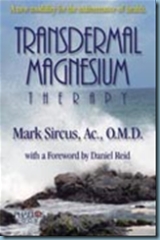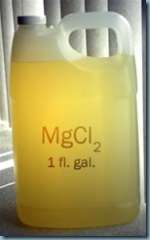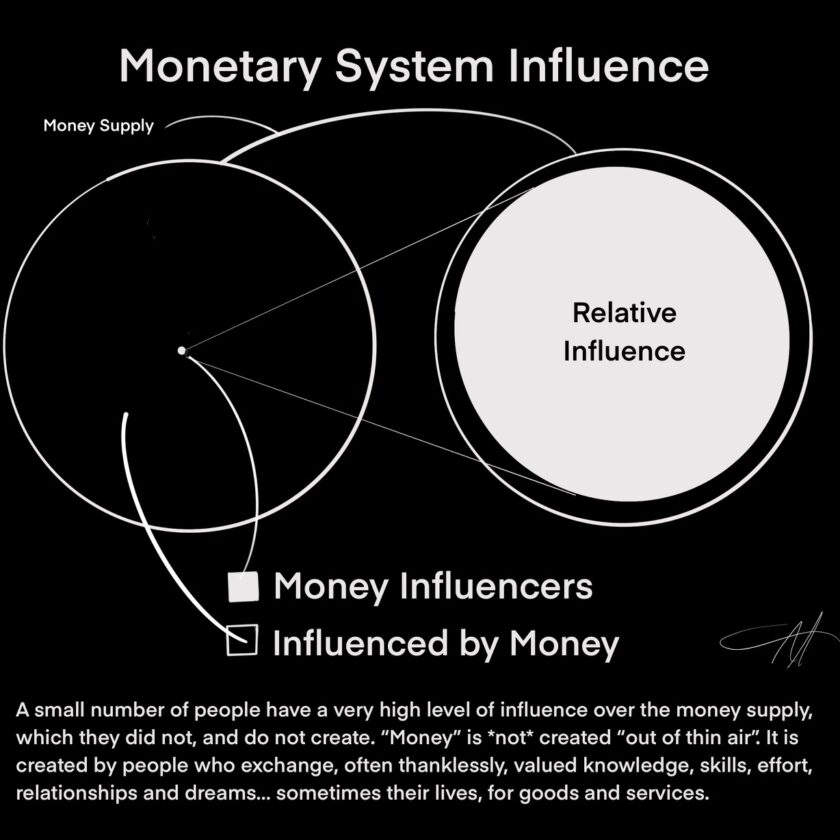An article published in the April 2007 edition of Discover magazine featured a reply that encapsulated what has been prevailing thinking in the medical community for too long. It’s available online: Autism: It’s Not Just in the Head. If this subject is meaningful to you, I know it will be of interest, and invite you to go there.
Now, please read a reply to that article from a member of our allopathic medical community, published in Discovery’s June 2007 edition currently on newstands.
This article is a house-of-cards speculation on the causes of autism and replete with clichés regarding the gut, the immunie system, and oxidative stress. That’s all good, but there is little substantive evidence to support these speculations. The statement that “gastrointestonal problems like a swolen belly are common” is anecdote-based. There are no studies using rigorous epidemiological criteria that support this urban myth. The article emphasizes diet, but there has not been a single nutrient deficiency identified in autism. There are no studies showing that individuals with autism have a higher incidence of gluten sensitivity. Regardng the use of chelating agents for detoxification — again, there is little evidence that these alleged toxins have anything to do with autism. The notion that children with autism have more illnesses than other children is belied by my everyday experience. — R.K., M.D. HIghland Park, IL
I chose not to give the doctor’s full name, although he did provide it in the print edition. His point of view on this issue is important because it represents an attitude that anyone seeking understanding about autism or other chronic diseases, should absolutely avoid. It is a mind that is closed to anything but its own orthodoxy.
There is a large body of scientific evidence that support the observations covered by the article, which itself could have gone even further to explore the role that magnesium deficiency plays in matters of neurological function, genetic vulnerability, inflammation, constipation, glutathione production, and more. ALL of these factors are examined in Mark Sircus’ book, Transdermal Magnesium Therapy, which gives particular attention to Autism Spectrum Disorder. For example, Dr. Sircus writes:
“According to Dr. Sherry Rogers, there is as much as a five hundred-fold variance in ability, from one individual to the next, with regard to detoxifying the same chemical. One of the key factors of this difference is each individual’s magnesium level.
“There are over two hundred published clinical studies that document the need for magnesium and many examples of miraculous ‘cures’ from the use of this common mineral. Yet you’d wonder if anyone is reading them. [Our doctor above surely hasn’t.] As one example, doctors for the advocacy group, Defeat Autism Now (DAN) underestimate autistic children’s needs; recommending only 50 milligrams twice a day in oral form, even though children with gastrointestinal problems can absorb only small percentages through their intestines.
The entire autism community needs to be acutely aware that its present dependency on orgal magnesium supplementation contributes to the less than effective results from chelation. A simple changeover to transdermal and topical magnesium supplementation approaches would yield far more effective results.” — ppg. 120-121
For those who are willing to look, the evidence is overwhelming that magnesium status is too important a component to ignore with respect to maintaining or restoring normal health. Not only that, effective replenishment protocols are needed when it is determined that an individual is indeed magnesium deficient. Intravenous intake is one promising, but impractical way of boosting magnesium status. A far more practical (and economical) way has become possible by the availability of natural, ocean-derived magnesium chloride, which takes form as a liquid.
Simple intake through the skin — either applied topically or inducted via a foot bath, is most effective in this age of nutrition-depleted foods.
Magnesium status is important irrespective of our state of health. Its importance increases when we’re talking about a chronic disease.
The fact that a significant percentage of those who suffer from the diseases of our age, such as diabetes, stroke, heart disease, and cancer are doctors, indicates that they don’t yet get this simple fact of nutrition either.
So I wouldn’t put too much stock in the dismissive opinions of a closed minded doctor. The sad thing is that, with his education and an open mind, he could help a lot of people get well, instead of help them manage their disease by relying only on pharmaceutical approaches and dismissing natural ones. It only shows that he’s been trained well.
He’s not alone. The article mentioned another doctor, a neurologist at Johns Hopkins, who is collaborating on a pilot story funded by the National Institutes of Health (NIH) to test minocycline, an anti-inflammatory antibiotic drug. It is described as a “very selective downregulator of microglial inflammation.”
This strategy follows the old paradigm, i.e., interfering with the body’s normal physiological processes and lowering immune function using synthetic (pharmaceutical) agents, while ignoring natural components that might eliminate inflammation with the only side-effect being better health. Another thing that is typical is that the NIH will fund research to find a drug to “combat” the inflammation aspect of autism, but it’s far less likely to fund research that would involve natural components, such as magnesium.
Our body — each cell — was designed to have a magnesium ion positioned inside, along with ionic forms of other minerals. There needs to be sufficiency and balance in our body’s mineral stores. When there is too much of one, or not enough of certain others, we’ll have a problem. Inflammation is but one indication of magnesium deficiency.
Even the natural chelation protocols, which are designed to evacuate heavy metals and toxins from the body, include magnesium. But most traditional doctors have nothing informative or encouraging to say. Like the one above, their official response is often to discount, dismiss, and cast doubt. And if their everyday experience doesn’t confirm that children with autism have more illnesses than other children, then they’ll dismiss the notion altogether.
Autism is illness expressed on a level that a statistically small, but significantly growing number of children and families are enduring. Perhaps the article and this response, will get more people looking at magnesium. While I may have mentioned it before, you can view a short video that we produced on the subject below.
[googlevideo=”http://video.google.com/videoplay?docid=-3181194637870197612&hl=en”]
Other thoughts were triggered from this article, but I think I’ve covered enough. I’m pleased that Discovery Magazine published this subject. It’s going in the right direction, but there’s much more available that we already know that mainstream media hasn’t begun to embrace.







This is very up-to-date info. I’ll share it on Digg.
There is ample evidence of the link between heavy metal toxicity – particularly mercury – and autism. The connection can be quickly shown by the lack of autism in certain populations and the increase/decrease in the condition in countries which have changed the number of vaccinations required. I have an extensive collection of links on that subject.
I strongly feel that the major sources of mercury toxicity are dental fillings and vaccinations. Personally, I believe other toxins and particularly the type of fluoride added to water and now found in almost all commercially packaged foods intensifies all health issues including autism.
Mercury and fluoride interfere with our ability to absorb necessary nutrients including vitamins and minerals. Through an extensive background in breeding Thoroughbred horses I have seen major challenges which involve nutrients and magnesium in particular particularly in certain genetic lines.
Numerous very well known racehorses traveled with their own water supplies – a brand called Mountain Valley Spring Water – which did two things for them: it eliminated the toxins in regular water and provided higher levels of minerals.
I have had horses with specific physical ailments that were resolved by customizing the minerals they consumed.
As we age the toxins in our bodies accumulate so older or less healthy parents will be more affected. Toxic body burdens are passed to our offspring so each generation may be less healthy than the last until we learn to detoxify and improve our nutritional state.
Thank you for your input. Please note that magnesium status, as well as mineral sufficiency and balance, is important to everyone, at every phase of life. Taking your premise into account, it is also likely that men who are over the age of 33 who father autistic children may have done so due to their own magnesium deficiency. Research shows that magnesium status impacts sexual potency in men and fertility in women. It’s that ubiquitous, and yet, has likely not been factored in to your research. The results of magnesium factoring with respect to the father’s age and onset of autism would be interesting.
Austism in non-familial cases is rising because paternal age is high and probably rising in this country. It is also high because so many woman who had older fathers have de novo mutations in the X chromosomes. We are not told the truth about the male biological clock and the history of autism. It is not mysterious to those who know the research. It has been made into a money making industry for many. Lowering paternal age to end fathering babies by 33 would help.There would also be less diabetes, less cancer, and less Alzheimer’s etc.
http://ebdblog.com/paternalage/
http://www.sciencedaily.com/releases/2002/11/021126201311.htm
http://autism-prevention.blogspot.com/
http://how-old-is-too-old.blogspot.com/
http://ageofthefatherandhealthoffuture.blogspot.com/